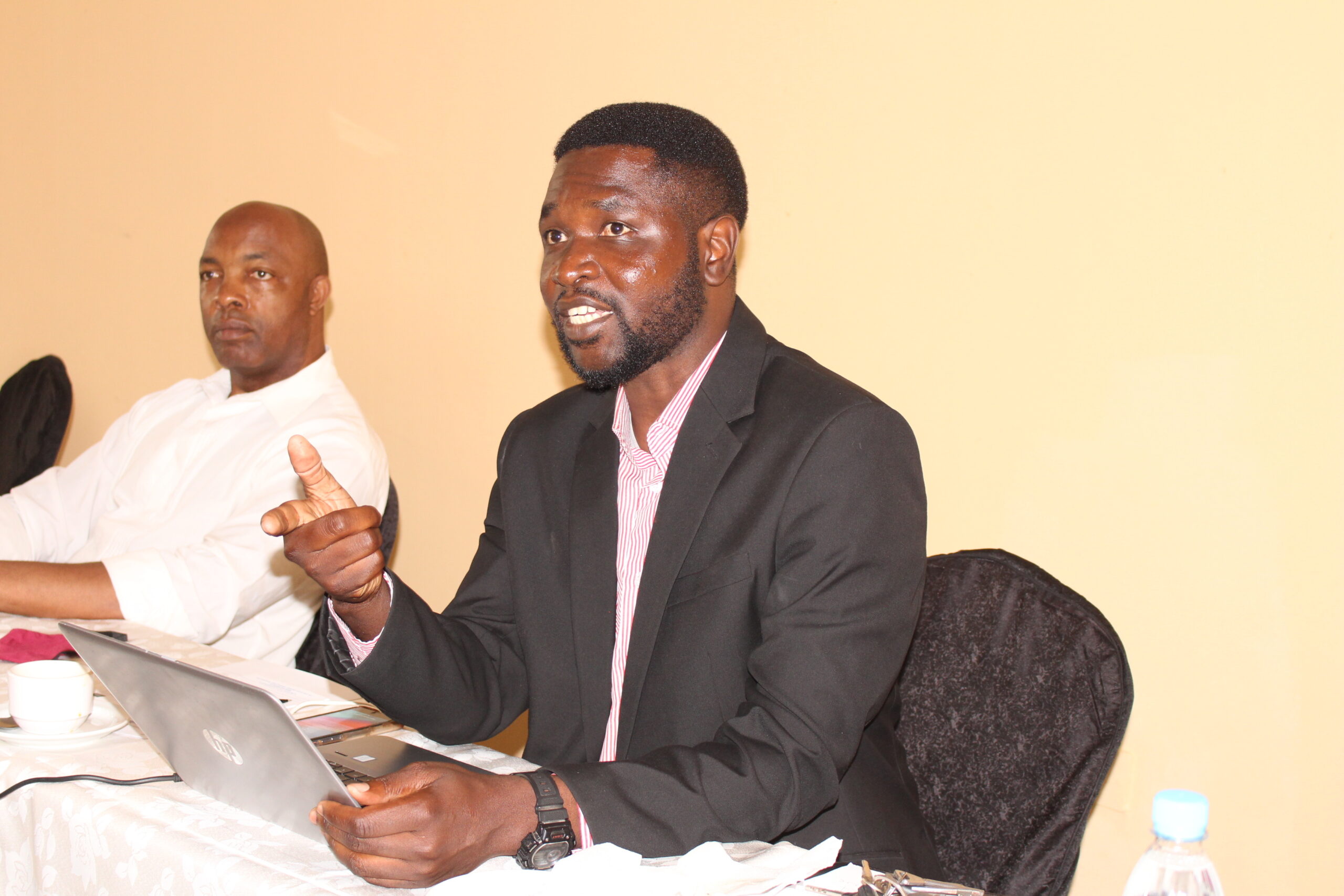Advocacy

Advocacy forms a large part of ACJ’s work fabric. Employing various tools, the organization engages Government line Ministries, Policy and law makers, Civil Society Organizations, Traditional and Religious leaders for an improvement in the legal environment and administration of child justice issues.
Capacity enhancement
ACJ has and continues to run Workshops across the Provinces, drawing duty bearers in the Justice system from Judges, Magistrates, Police Officers, Social Welfare Officers and community based structures and organizations. Trainings are centred around raising awareness on the child rights framework and global indicators as established by UNICEF to govern implementation and monitoring. Emphasis is placed on maintaining child friendliness throughout the process of dealing with children in contact with the law.
Media
ACJ recognizes the power of the Media (TV, Radio, and various Social Media platforms) in its advocacy work and often utilizes this medium to capture the attention of Government and other leaders, urging them to act in favour of children. It is also hoped that the public will develop an interest in children;s welfare and participate in such causes. Main issues are for improved child-friendly laws and policies that align with international standards as per instruments and treaties Zambia is party to.
Grassroots Advocacy
At this level, ACJ works at bringing about cultural shifts with the aim of influencing governance styles, girls and women’s participation in matters of their welfare. This takes the form of community advocacy and awareness campaigns in public places, Schools as well as engagements with traditional leaders to review customs and traditional practices that disfavour girls and women.
Incorporating Gender
Our advocacy strategy involves the inclusion of boys and men as active participants in drawing up solutions to human rights challenges faced by girls and women in their communities. The latter are positively discriminated as they are more vulnerable than their male counterparts. This rights and gender based approach has proven to be very useful in driving community transformation and democratic governance processes that promote and defend children’s rights.















